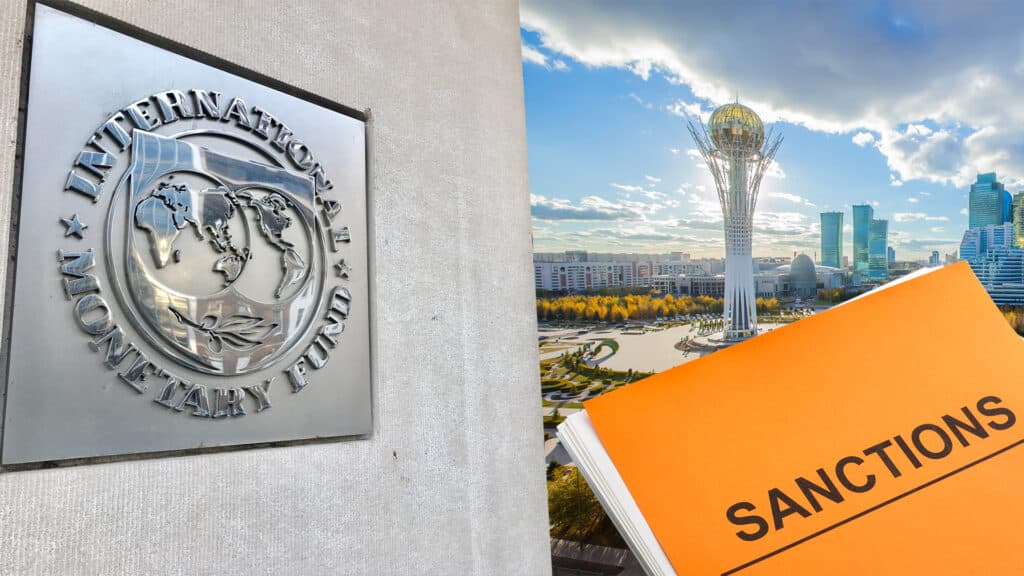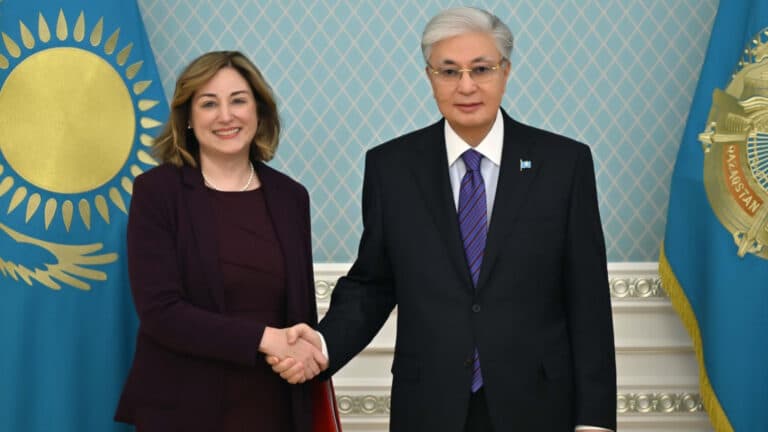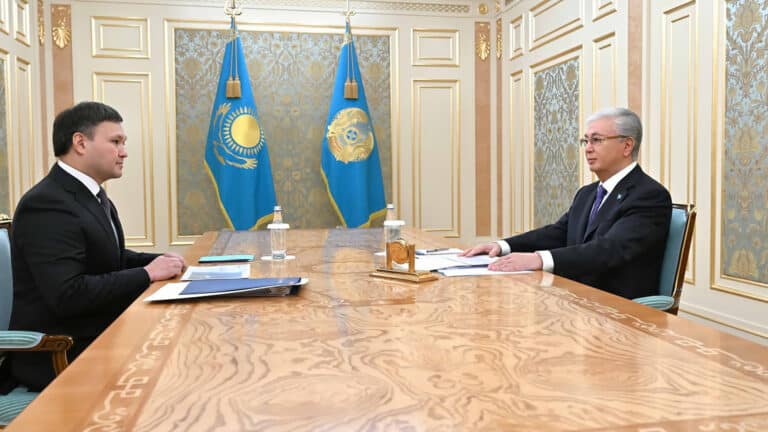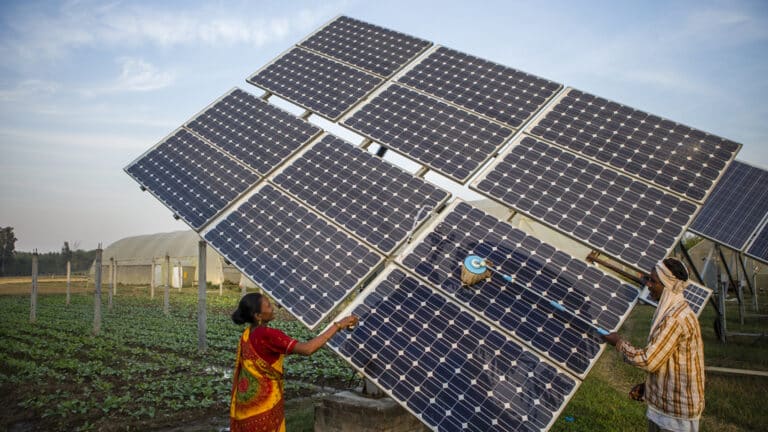
An International Monetary Fund (IMF) mission visited Kazakhstan in late May. Head of the mission Nicolas Blanchet has summarized the results of the visit in a statement reviewing the current economic situation in the country and has given some recommendations on behalf of the international organization.
According to Blanchet, even though Kazakhstan’s economy and financial sector have remained resilient, downside risks to the outlook are substantial, particularly external risks:
- External risks include slower than projected growth of trading partners or higher imported inflation pressures;
- Adverse spillovers from the war in Ukraine through trade, foreign investment, and exchange rate channels;
- Lower than projected oil prices;
- And secondary sanctions stemming from transactions with Russia, despite continued efforts by the authorities to avoid any circumvention of these sanctions.
«Domestic risks include the impact of the recent floods and inflation pressures (e.g., from energy and utility tariff increases), which could fuel social tensions and delay reform implementation. Upside risks include higher oil prices and higher-than-expected foreign investment in new sectors (e.g., critical minerals, green energies, or information technologies),» the IMF noted.
Blanchet pointed out that although Kazakhstani authorities want to tighten their fiscal stance, revenue shortfalls in early 2024 and the need to address the impact of the recent floods could make it difficult to achieve this goal.
«To bolster the credibility of medium-term fiscal commitments, the new budget code under preparation should strengthen fiscal rules by establishing strict escape clauses and rule out any discretionary transfers from the National Fund of the Republic of Kazakhstan,» he highlighted.
The IMF experts believe that the forthcoming introduction of a new tax code is a good opportunity to raise non-oil revenues and recommend raising the value-added tax rate along with accelerating the elimination of onerous tax exemptions. The IMF mission has also commented on energy tariffs and upgrading energy infrastructure:
«Meeting Kazakhstan’s climate objectives and commitments will also require decisive efforts and incentives to promote green energy sources and decarbonization, including through continued energy tariff adjustments, improved functioning of the emissions trading system, and upgraded energy infrastructure.»
The mission welcomed a recent decree by President Kassym-Jomart Tokayev aimed at economic liberalization. The document lays out important goals and steps to reduce the role of the state and increase competition in the economy; its timely implementation would bring about significant progress.
The IMF forecasts that in 2024, Kazakhstan’s economic growth will slow to about 3.5%, supported by robust activity in manufacturing, construction and services, while inflation will be close to 8% by the end of the year. The current account deficit is expected to narrow to about 3% of this year’s GDP. In the medium term, non-oil GDP growth would be in the 3% to 3.5% range, reflecting its estimated potential, while a current account deficit would persist due to lower oil prices.













